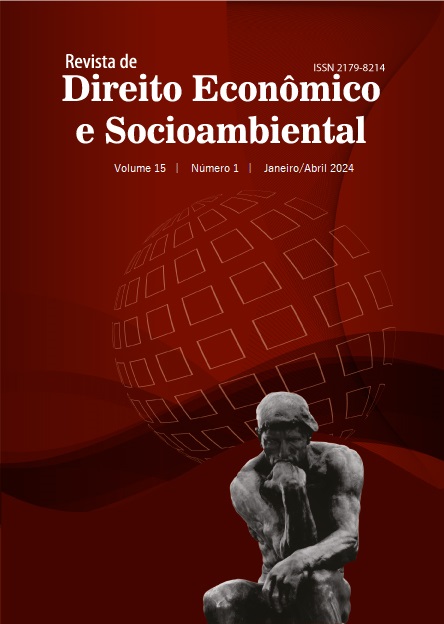Transitional Justice and Eco-Juridical Turn: Some Considerations Regarding the Relations Between Nature and Conflict in the Colombian Truth Commission Report
DOI:
https://doi.org/10.7213/revdireconsoc.v15i1.30953Keywords:
justicia transicional; justicia ecológica; posconflicto; derechos de la naturaleza; Colombia.Abstract
This paper examines the implications of recognizing harm against nature in the context of transitional justice, focusing on the Final Report of the Truth Commission established under the “Peace Agreement between the Colombian State and the FARC-EP”, specifically from an ecological perspective. The Commission's approach provides elements for advancing the consolidation of an eco-legal turn in transitional justice, allowing for the challenge of some of the anthropocentric tendencies that have traditionally characterized it. The report recognizes the decisive role that non-human nature played in the development of the armed conflict, reclaiming its victim status, and highlights the importance of repairing the damaged socio-ecosystemic ties as a necessary condition for achieving a stable peace. The Colombian case demonstrates the need to consider the complex human-nonhuman relationships in the explanation and resolution of social conflicts, as well as in the construction of a truly equitable society. Although the ecocentric approach of the Report represents a significant advancement in the field of transitional justice, the article suggests that the Truth Commission fails to draw all the consequences of its own approach from the perspective of environmental restorative justice.
Downloads
Downloads
Published
How to Cite
Issue
Section
License
Copyright (c) 2024 Juan Diego González Rúa, Andrés Felipe Zuluaga Jaramillo

This work is licensed under a Creative Commons Attribution 4.0 International License.
Authors who publish in this Journal agree to the following terms:
- Authors retain copyright and grant the Journal of Economic and Socio-Environmental Law the right of first publication with the article simultaneously licensed under the Creative Commons - Attribution 4.0 International which allows sharing the work with recognition of the authors and its initial publication in this Journal.
- Authors are able to take on additional contracts separately, for non-exclusive distribution of the version of the paper published in this Journal (eg.: publishing in institutional repository or as a book), with a recognition of its initial publication in this Journal.
- Authors are allowed and encouraged to publish their work online (eg.: in institutional repositories or on their personal website) at any point before or during the submission process, as it can lead to productive exchanges, as well as increase the impact and the citation of the published work (see the Effect of Open Access).





















